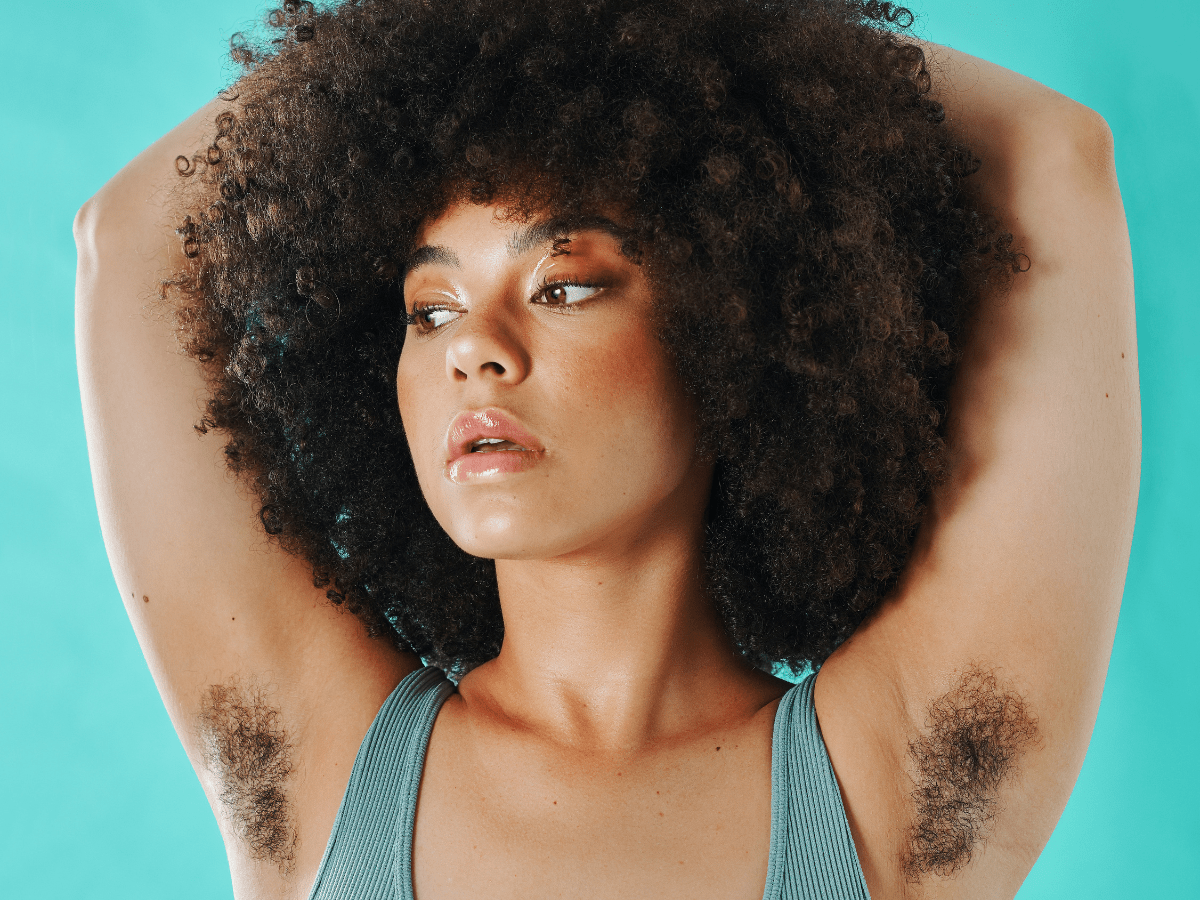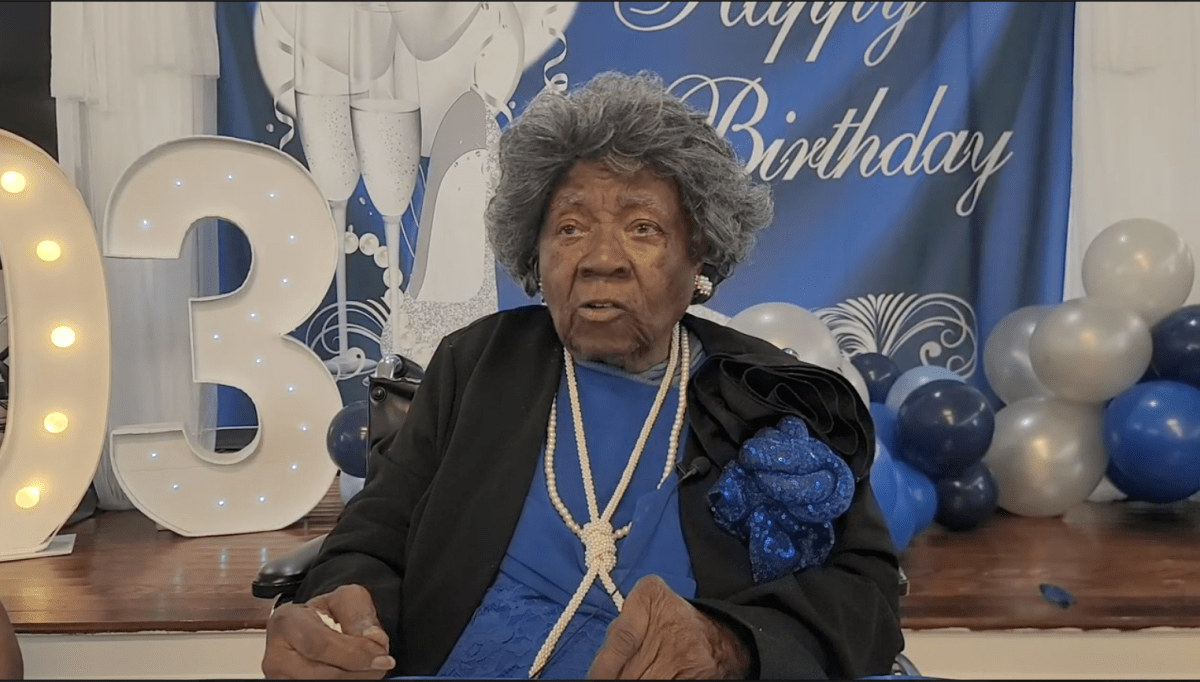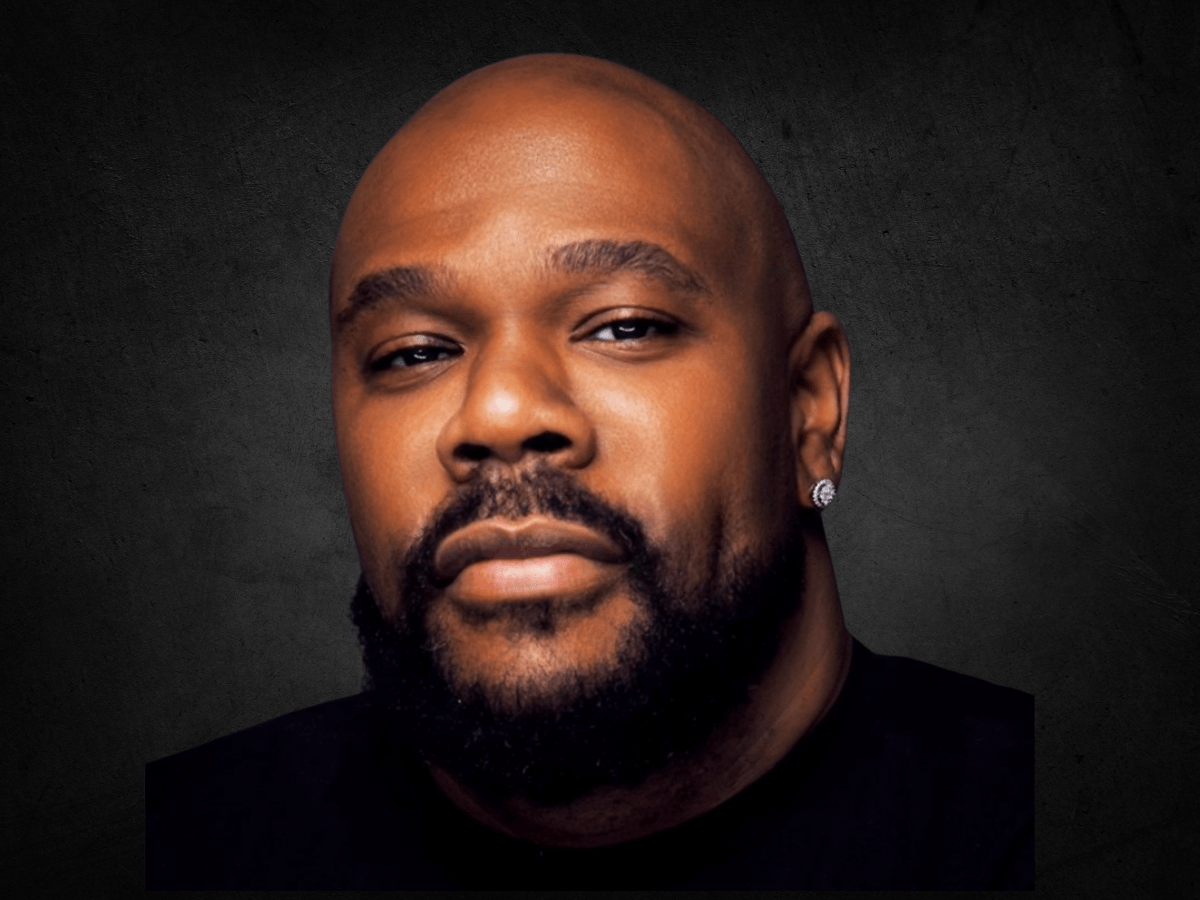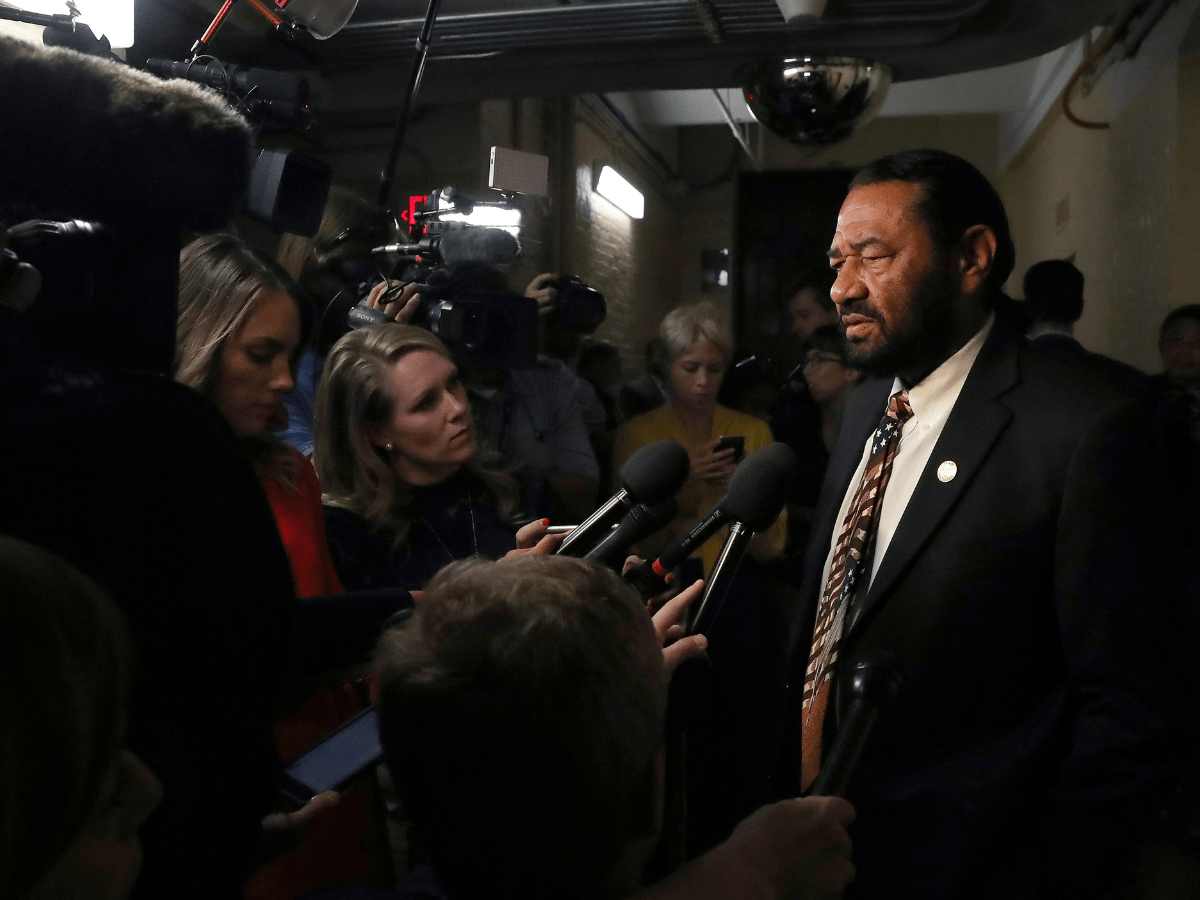Let’s discuss body hair, a subject that many women avoid discussing.
Society has conditioned us to view body hair—from leg stubble to underarm fuzz—as a hidden embarrassment rather than the organic, useful gift that it is. But what if we changed the course for one month only? Women are being encouraged to embrace their natural body hair by the rising Janu-hairy movement. It provides the ideal opportunity to question those stale beauty standards and reclaim what is already ours.
The discussion of body hair is rife with unfairness. Whether it’s a full beard, chest hair showing through a shirt, or legs that haven’t been shaved since 2010, men get to live their most hairy lives. No one blinks. However, it becomes a scandal when a woman has the gall to forego shaving her legs for a week.
While praising men’s natural hair growth, society perpetuates the idea that women’s body hair is untidy or masculine. We’re tired of the hypocrisy.
My difficulties in high school
I was really self-conscious about the hair on my arms when I was younger. When I was a teenager, I couldn’t help but observe that while my hair was unavoidable, others of my classmates’ hair seemed finer and less apparent. One day at home, I reached for a razor because I thought it would help me feel more normal.
Nature, however, had other ideas. The hair became thicker and faster. It turned into this endless cycle of insecurity and shaving. I began to question why I felt so ashamed of something that my body did on its own. As a Black female, I can see how much of that insecurity stemmed from the messages we were taught about beauty.
Body hair is not just an oddity. When you consider it, it’s protective, utilitarian, and simply wonderful. Leg and arm hair provide an additional layer of warmth and insulation, while armpit hair helps wick away perspiration and decrease friction. Not to mention that body hair is an essential component of our sensory system, eyebrows and eyelashes protect our eyes from filth and pollution.
Although there are legitimate uses for body hair, we were taught that it should only be eliminated at some point. The beauty industry, which capitalizes on women’s fears to market razors, waxing kits, and laser hair removal procedures, benefits financially from this mentality. However, embracing our natural condition is a form of rebellion against these detrimental conventions in addition to saving time and money (because I’m sick of the upkeep).
Breaking free and setting new standards
Fortunately, more women are defying expectations. Black activists and artists like Esther Calixte-Bea freely display their body hair and utilize their platforms to question antiquated notions of beauty.
Remembering the pioneers who came before us is important. Long before they were fashionable, iconic people like Frida Kahlo made strong statements about originality and beauty.
The practice of hair removal dates back to ancient Egypt and India. Companies like Gillette used razor advertisements to target women in the 1920s, portraying hairlessness as a sign of femininity. These days, Janu-hairy is a fun and effective approach to question the existing norm and inspire women to accept their bodies without razors.
How about Harnam Kaur, an Englishwoman whose religion forbids her from shaving and who has openly displayed her beard as a result of polycystic ovarian syndrome?
I’m going to dare you to forego the razor this month and see how it feels. Technically, no one will notice because it’s hibernation season and many people are dressed up during the winter.







